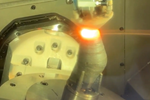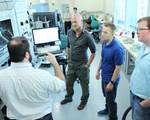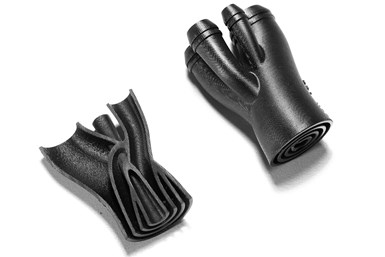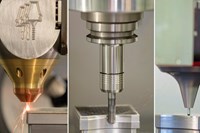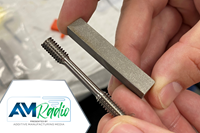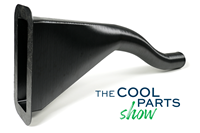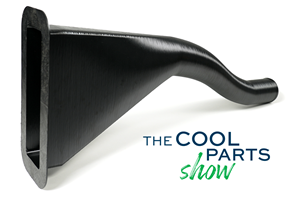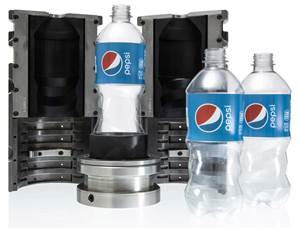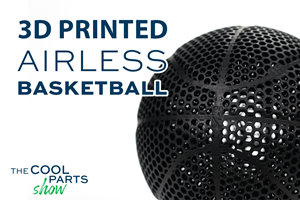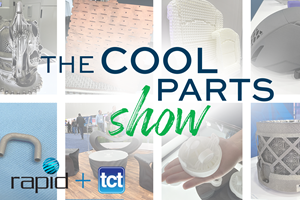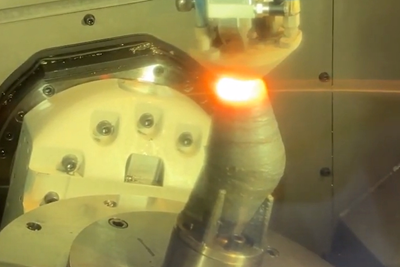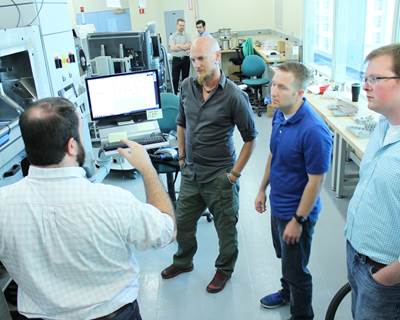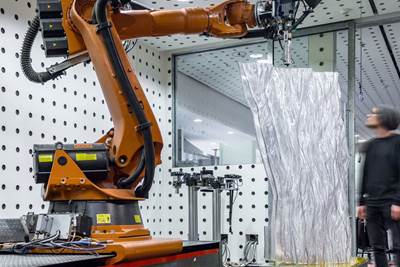Carbon’s EPX 150 Is High-Performance Rigid Resin for Complex Parts, Features
EPX 150 is Carbon’s fastest printing, chemically-resistant, high-temperature resin which is purpose-built to print complex parts and features.
Carbon’s EPX 150 is a high-performance rigid material that will be available on Carbon’s idea-to-production platform. It enables new capabilities in applications that requires high temperature and chemical resistance such as electrical connectors, spray nozzles and autoclavable medical devices. The material is now available in Europe and North America.
EPX 150 offers better temperature and chemical resistance than EPX 82, and better toughness and overall usability than CE 221. As Carbon’s fastest printing, high-temperature resin to date, it is designed to print complex features at faster speeds, making it suitable for parts with fine features and stringent tolerances.
“Designers and engineers need materials that provide the combination of accuracy, repeatability and throughput to produce the many complex parts they are designing at scale — EPX 150 provides that,” says Jason Rolland, senior vice president of Materials at Carbon. “With EPX 150 and Carbon’s technology, we’ve created a manufacturing-ready additive process with materials that are able to match the capabilities of high-performance thermoplastics that will enable prototyping and manufacturing to be done on a consistent platform, accelerating the product development time lines and reducing the cost.”
With the addition of EPX 150 to Carbon’s idea-to-production platform, users will now have a combination of high-performance material properties, excellent resolution and attractive economics to make the production of complex, rigid parts achievable in shorter times, without molding investments.
Benefits of EPX 150 include thermal performance with a heat-deflection temperature (0.455MPa) of 155°C and the capability of extended use at 125°C. It also offers exceptional chemical resistance at elevated temperatures for automotive/industrial applications, particularly to polar fluids like water, coolant/antifreeze and aqueous washing fluids. For medical applications, EPX 150 is capable of withstanding 250-plus cycles of steam sterilization autoclave cycles with no significant mechanical and visual changes.
The material also provides low dielectric constant and loss factor suitable for advanced electronic applications. It is designed to print fine complex features at faster speeds, with improved cleaning and longer pot life, thereby enabling higher production efficiencies.
- Read about Desktop Health partnering with Carbon to validate Flexcera resins for Carbon’s digital manufacturing platform. The first Flexcera family resin validated for Carbon systems is Desktop Health’s Flexcera Smile Ultra+, an FDA 510(k) cleared Class II material for permanent, 3D printable dental restorations, to be followed closely by Flexcera Base.
- Learn more about Carbon resins in this article about expanding its resin materials portfolio. The three resin materials — Carbon EPU 43 and EPU 45, and Henkel Loctite IND147 — offer impact protection, highly breathable lattice geometries and a low-cost, fast alternative for producing low-pressure moldings, baking fixtures and small components with complicated geometries.
Related Content
Aircraft Ducts 3D Printed in Composite Instead of Metal: The Cool Parts Show #68
Eaton’s new reinforced PEKK, tailored to aircraft applications, provides a cheaper and faster way to make ducts compared to formed aluminum.
Read MoreHow to Build 10,000+ Shot Molds in Hours
Rapid tooling isn’t so rapid when it takes days to 3D print a metal mold, and then you still must machine it to reach the necessary tolerances. With Nexa3D’s polymer process you can print a mold in hours that is prototype or production ready and can last for more than 10,000 shots.
Read MoreAirless Basketball Shows Promise of 3D Printed Lattices: The Cool Parts Show Bonus
Successfully matching the performance of a standard basketball demonstrates the control possible over the mechanical properties of digital materials.
Read More8 Cool Parts From RAPID+TCT 2022: The Cool Parts Show #46
AM parts for applications from automotive to aircraft to furniture, in materials including ceramic, foam, metal and copper-coated polymer.
Read MoreRead Next
Hybrid Additive Manufacturing Machine Tools Continue to Make Gains (Includes Video)
The hybrid machine tool is an idea that continues to advance. Two important developments of recent years expand the possibilities for this platform.
Read More4 Ways the Education and Training Challenge Is Different for Additive Manufacturing
The advance of additive manufacturing means we need more professionals educated in AM technology.
Read More3D Printing Brings Sustainability, Accessibility to Glass Manufacturing
Australian startup Maple Glass Printing has developed a process for extruding glass into artwork, lab implements and architectural elements. Along the way, the company has also found more efficient ways of recycling this material.
Read More

